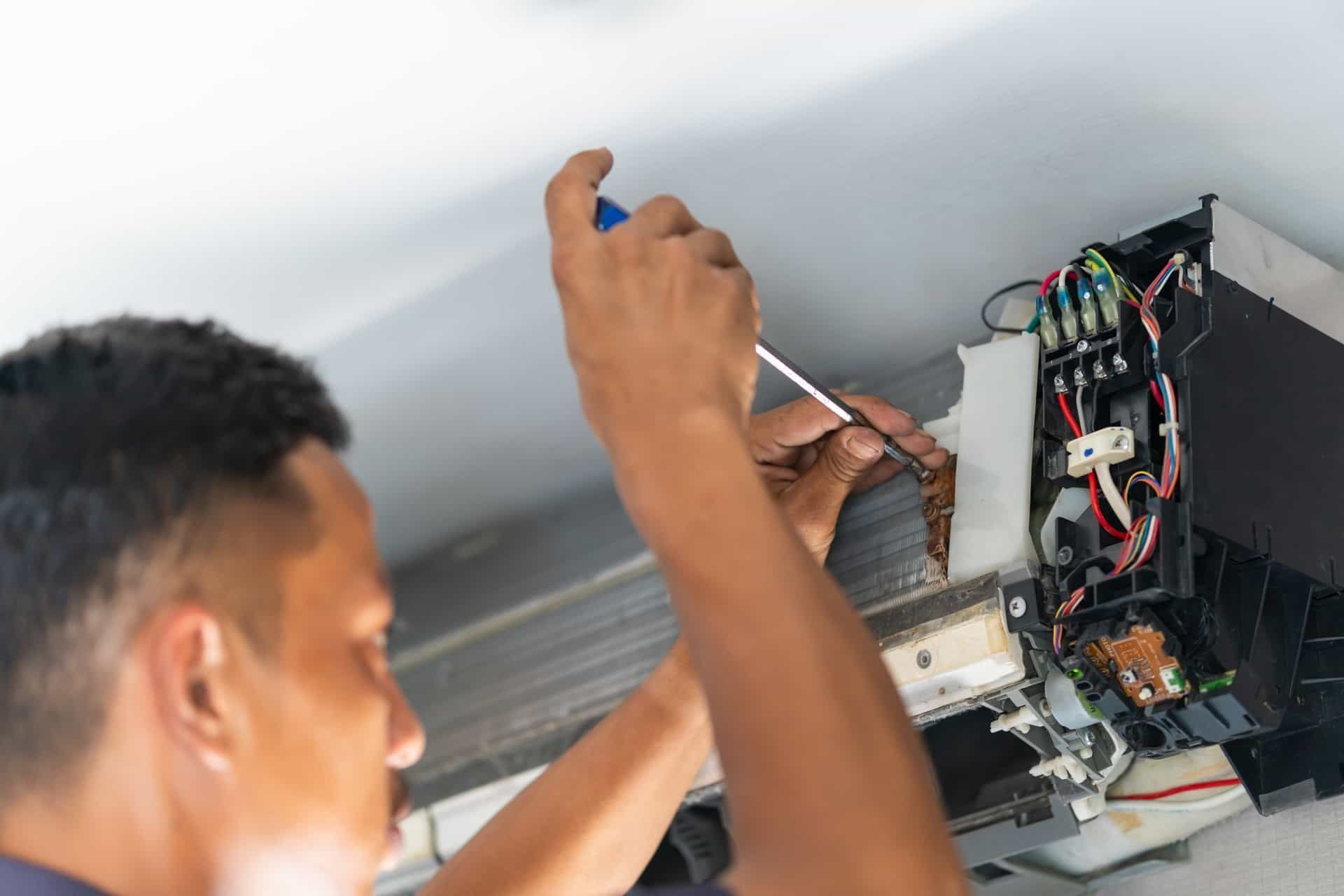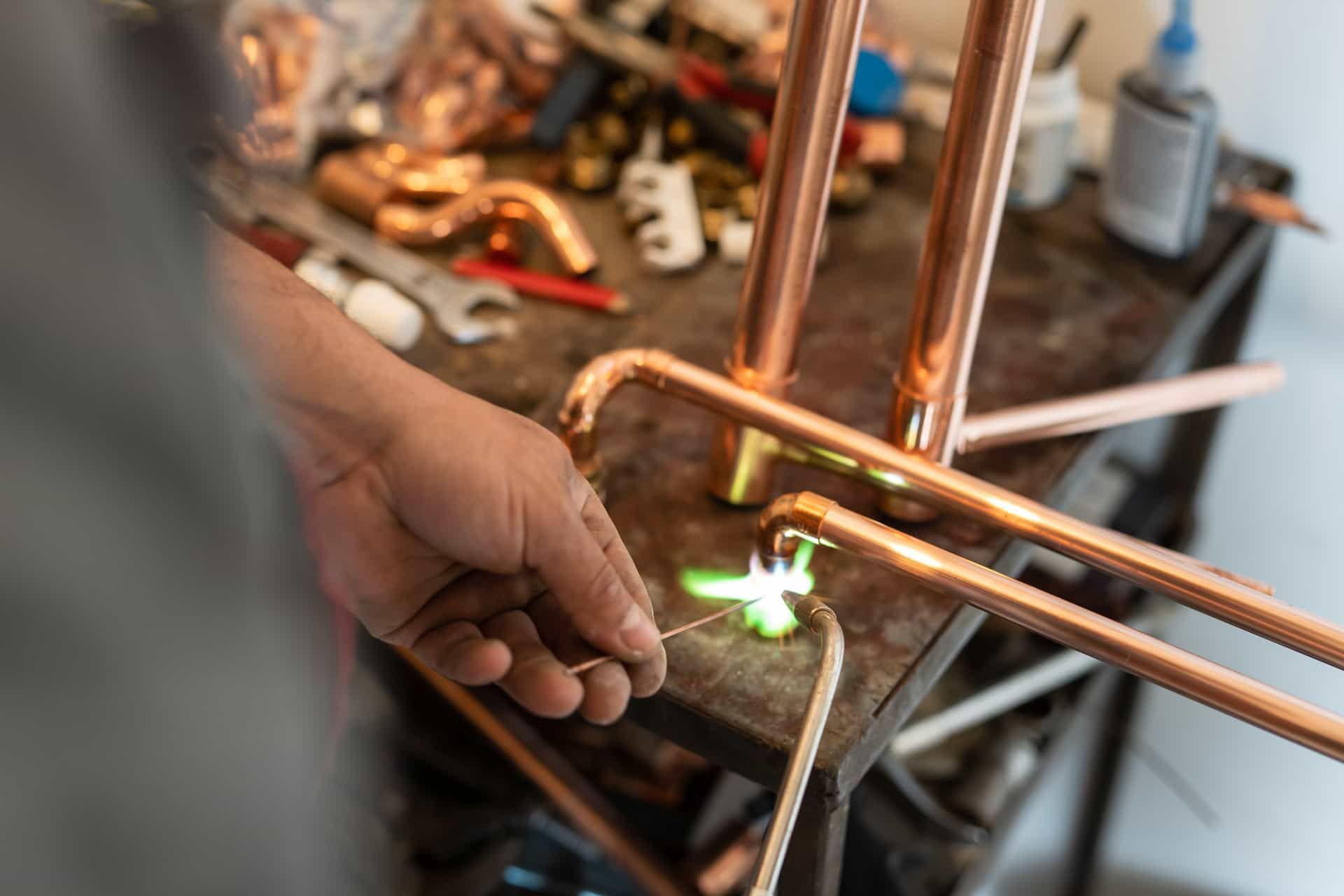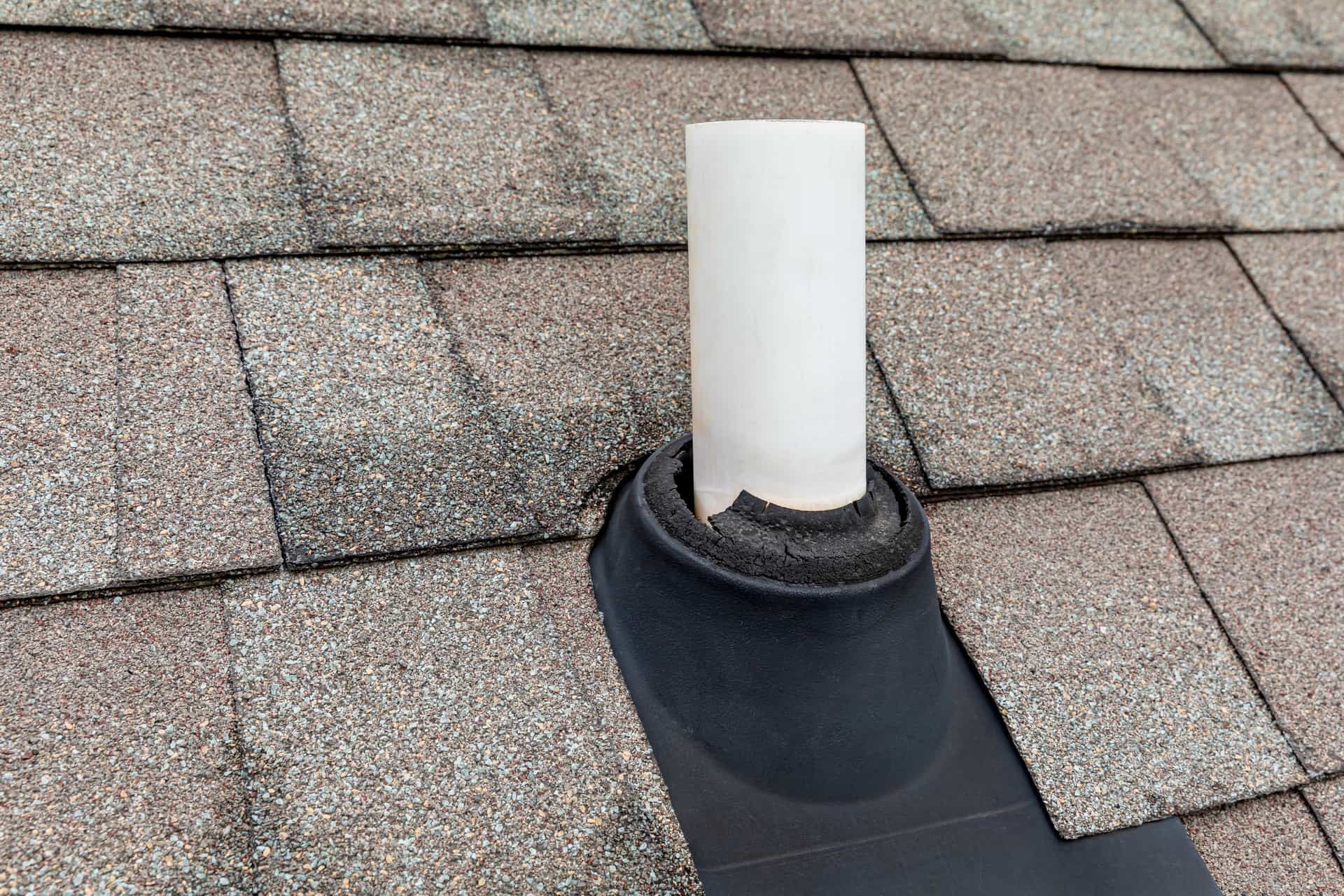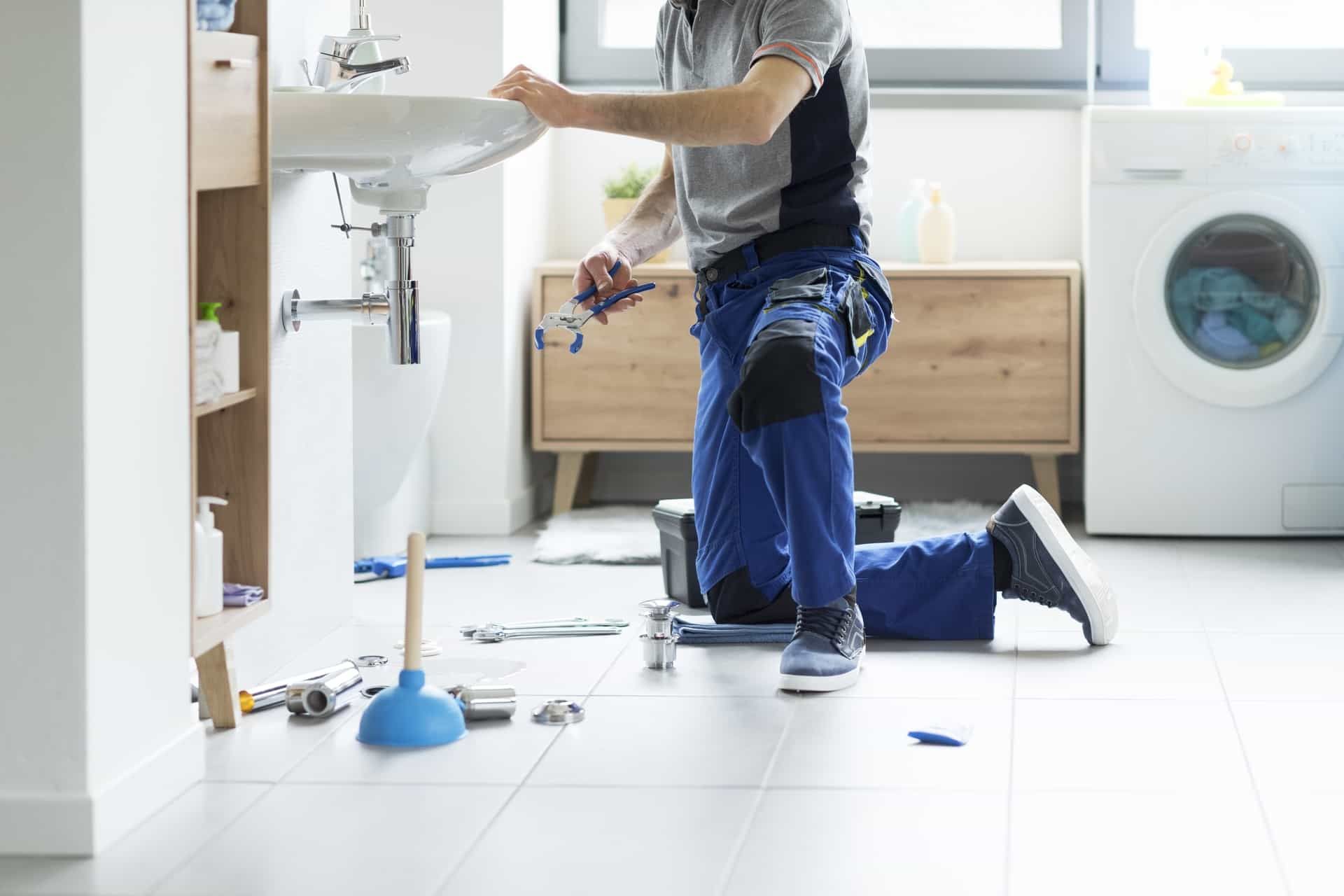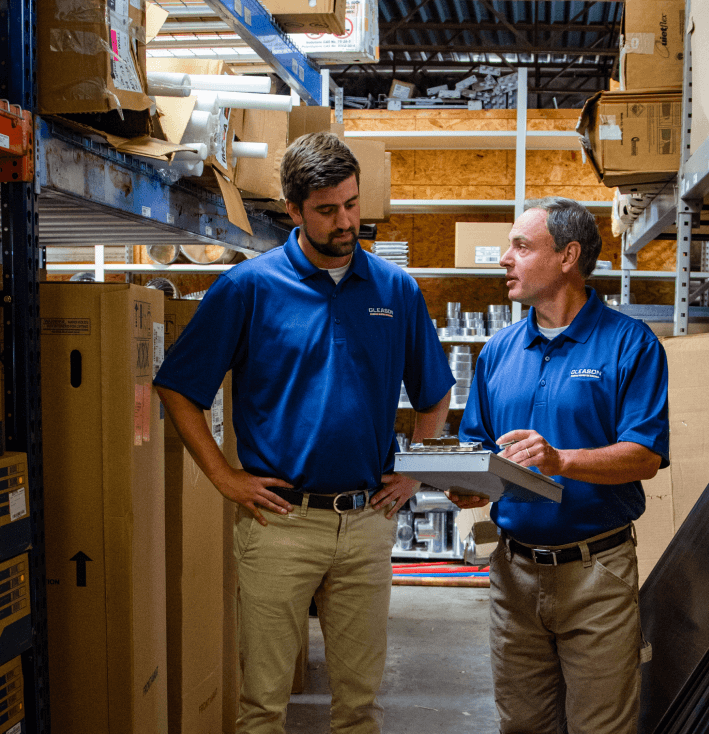Articles
HVAC Contractor Tips and Articles For Your Home
How to Improve HVAC Efficiency?
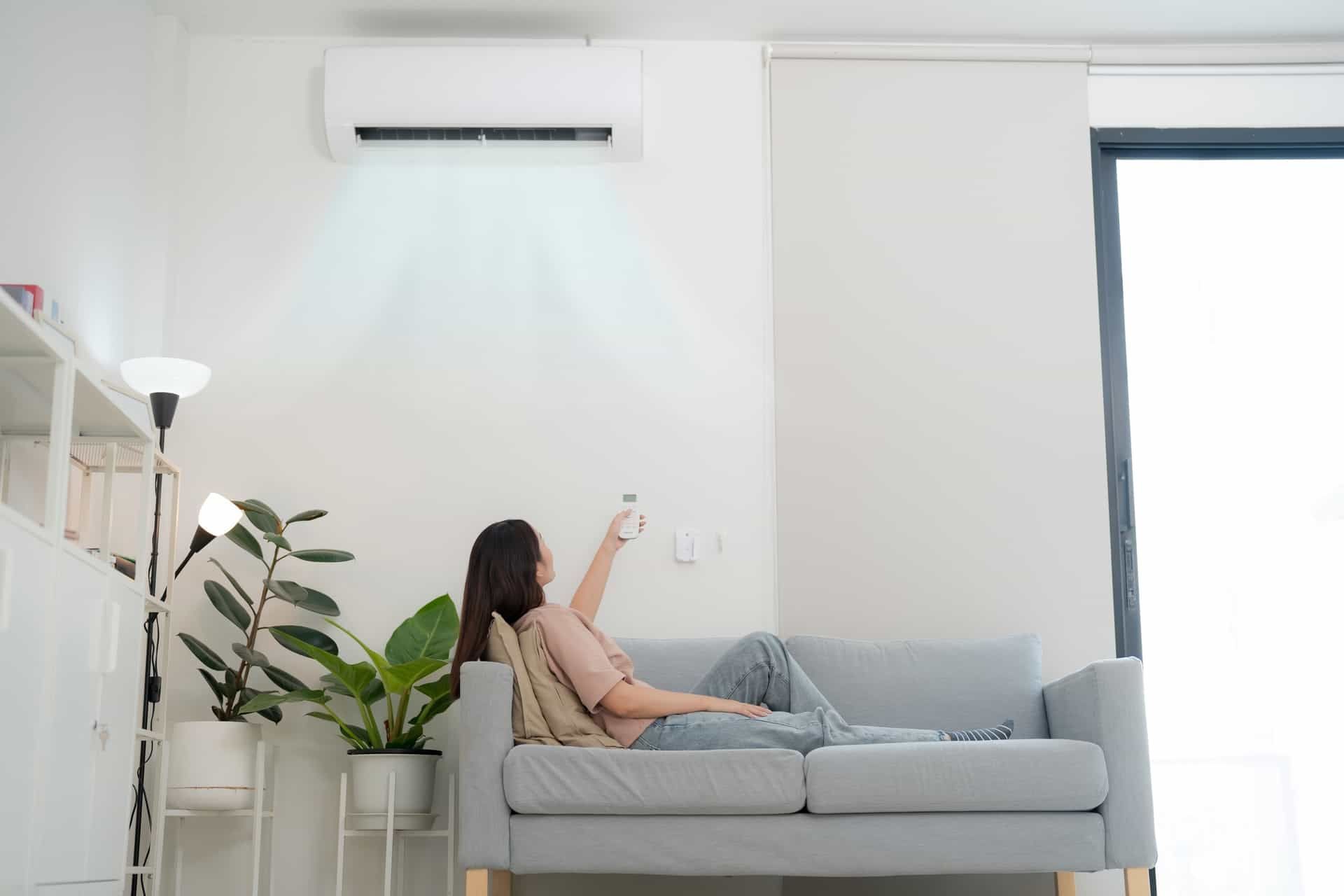
A well-functioning HVAC system keeps your home comfortable while saving you money on energy bills. However, many homeowners don’t realize that simple adjustments and regular maintenance can significantly improve HVAC efficiency. Whether you're looking to reduce energy costs, extend the life of your unit, or improve indoor air quality, these tips will help you optimize your heating and cooling system.
Why HVAC Efficiency Matters?
HVAC efficiency affects both your comfort and your wallet. An inefficient system works harder to maintain the desired temperature, leading to higher energy consumption and wear and tear. Improving your system’s efficiency helps:
- Lower energy bills
- Reduce strain on HVAC components
- Extend the lifespan of your unit
- Improve indoor air quality
- Reduce your environmental footprint
If you want to get the most out of your heating and cooling system, follow these practical steps to enhance HVAC efficiency.
1. Schedule Regular HVAC Maintenance
Routine
HVAC maintenance is essential for keeping your system running smoothly. A professional HVAC contractor, like Gleason HVAC, can inspect and tune up your unit to ensure it operates at peak performance. During a maintenance check, technicians will:
- Clean or replace air filters
- Check refrigerant levels
- Inspect and tighten electrical connections
- Lubricate moving parts
- Test thermostat functionality
Scheduling maintenance at least twice a year—once before summer and once before winter—will prevent costly breakdowns and keep your HVAC system running efficiently.
2. Replace or Clean Air Filters
One of the simplest and most effective ways to improve HVAC efficiency is to replace or clean your air filters regularly. Dirty filters block airflow, forcing your system to work harder to heat or cool your home.
How often should you change your air filter?
- Every 1-2 months for standard filters
- Every 3-6 months for high-efficiency filters
- More frequently if you have pets or allergies
Upgrading to a
high-efficiency filter can also improve indoor air quality and reduce strain on your HVAC system.
3. Seal and Insulate Ductwork
Leaky ducts can cause HVAC efficiency to drop by allowing conditioned air to escape before it reaches your living space. Properly sealing and insulating ductwork helps prevent energy loss and keeps your home comfortable.
A professional HVAC contractor can inspect your ducts and seal any leaks using Aeroseal technology, a proven method to improve ductwork efficiency. Insulating ducts in unconditioned spaces like attics and basements can also prevent heat loss and improve performance.
4. Install a Smart Thermostat
Upgrading to a smart thermostat allows you to optimize heating and cooling schedules, reducing energy waste. Smart thermostats learn your habits and automatically adjust temperatures for maximum comfort and efficiency.
Benefits of a smart thermostat:
- Reduces energy usage by adjusting temperatures when you’re away
- Allows remote control via smartphone apps
- Provides energy reports to help track savings
Pairing a smart thermostat with
Gleason HVAC services ensures proper installation and optimal system performance.
5. Keep Vents and Registers Clear
Blocked vents and registers make it harder for your HVAC system to distribute air evenly. Make sure furniture, curtains, and other objects aren’t obstructing airflow.
Tips for better airflow:
- Keep at least 12 inches of clearance around vents
- Dust and clean registers regularly
- Use vent deflectors to direct airflow where needed
Proper airflow reduces strain on your system and improves
HVAC efficiency.
6. Upgrade to an Energy-Efficient HVAC System
If your system is more than 10-15 years old, upgrading to a high-efficiency unit can significantly reduce energy costs. Modern HVAC systems use variable-speed motors, two-stage compressors, and advanced filtration systems to enhance performance.
Signs it’s time for an upgrade:
- Rising energy bills
- Frequent repairs
- Inconsistent temperatures
- Loud or unusual noises
A certified
HVAC contractor can help you choose the right energy-efficient unit for your home.
7. Improve Home Insulation
Your home’s insulation plays a vital role in maintaining indoor temperatures. Poor insulation forces your HVAC system to work harder, leading to inefficiency.
Ways to improve insulation:
- Add attic insulation to prevent heat loss in winter and heat gain in summer
- Seal windows and doors with weather stripping or caulking
- Insulate walls and floors in older homes
A well-insulated home helps maintain a consistent temperature, reducing the workload on your HVAC system.
8. Use Ceiling Fans to Assist Air Circulation
Ceiling fans help circulate air, reducing the need for excessive heating or cooling. In summer, set your fan to spin counterclockwise to create a cooling breeze. In winter, switch it to clockwise to push warm air downward.
Using ceiling fans allows you to adjust your thermostat by a few degrees without sacrificing comfort, improving HVAC efficiency.
9. Keep the Outdoor Unit Clean
Your HVAC outdoor unit (condenser) needs proper airflow to function efficiently. Dirt, leaves, and debris can obstruct airflow and reduce cooling performance.
Maintenance tips for your outdoor unit:
- Trim plants at least 2 feet away from the unit
- Remove debris like leaves, grass clippings, and dirt
- Hose down the unit periodically to remove dust buildup
Regular cleaning prevents overheating and extends the life of your
HVAC system.
10. Use Energy-Efficient Windows and Blinds
Windows can impact indoor temperatures more than you think. Heat gain in summer and heat loss in winter force your HVAC system to work harder.
How to improve window efficiency:
- Install energy-efficient windows with double or triple panes
- Use thermal curtains or blackout shades to block heat in summer
- Apply window film to reduce UV rays and prevent heat loss
These small changes help maintain indoor temperatures and reduce strain on your HVAC system.
Conclusion
Improving HVAC efficiency is easier than you think. By following these steps—scheduling regular maintenance,
sealing ductwork, upgrading to a smart thermostat, and improving insulation—you can lower energy costs and extend the life of your system. If you need professional HVAC services, trust Gleason HVAC to keep your heating and cooling system running at peak performance.
Contact
Gleason HVAC today for expert HVAC solutions that save you money and keep your home comfortable year-round!
Disclaimer: The information on this website and blog is for general informational purposes only and is not professional advice. We make no guarantees of accuracy or completeness. We disclaim all liability for errors, omissions, or reliance on this content. Always consult a qualified professional for specific guidance.

